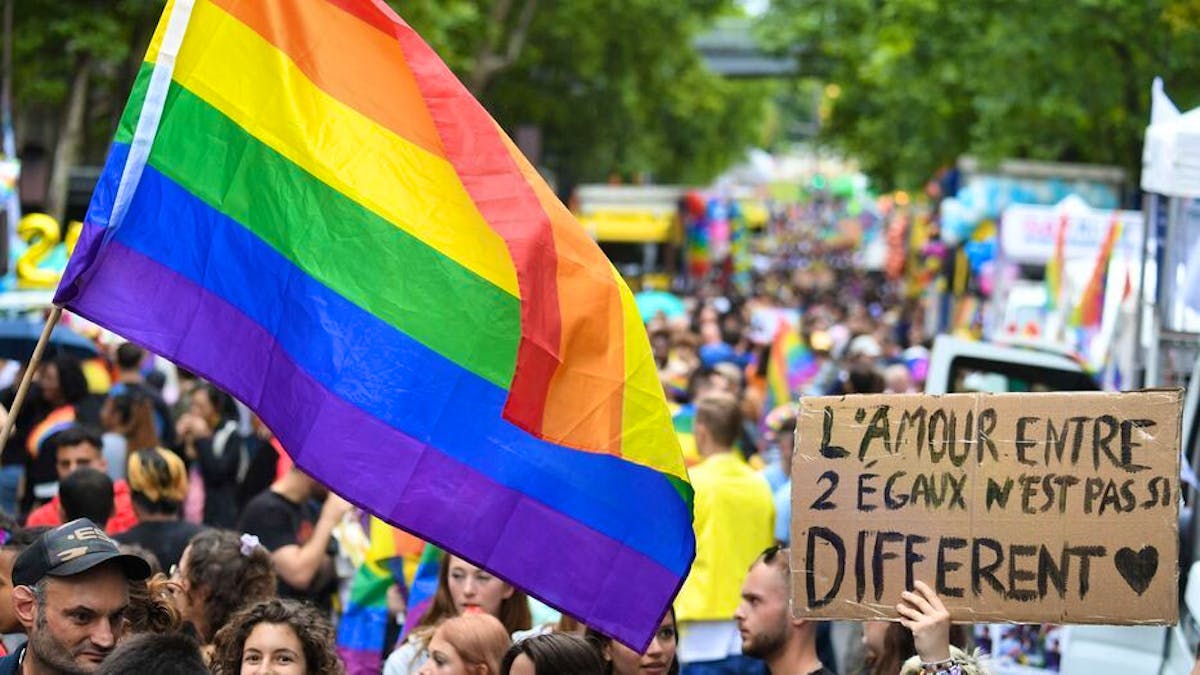Violence and harassment against intersex people has been on the rise since 2019 according to the second report on the subject published Wednesday by the European Agency for Fundamental Rights (FRA), which mainly points to disinformation as responsible.
“One in three people had been physically or sexually assaulted during” the five years preceding the survey, according to the press release accompanying the report, which refers to “an extremely marginalized group”.
1920 intersex people were surveyed online in 30 EU and Western Balkan countries in 2023.
The FRA notes a “significant increase in violence compared to 2019” and “a rate three times higher” than that of all LGBT+ people.
More than two in three respondents (69%) say that the main reason for this increase lies in “the negative attitude and speeches made by politicians”.
According to the report, more than one in two people (57%) from this “vulnerable minority” have undergone surgery or other medical treatment aimed at changing their sexual characteristics “without their informed consent”.
Intersex people are the only LGBT+ group who have not seen a drop in discrimination since the last survey.
Nearly two in five (39%) have undergone so-called “conversion” practices to change their sexual orientation or gender, compared to one in four among all LGBT+ groups.
The report points to the responsibility for disinformation on the internet.
“Recent research” from the EU “indicates that disinformation targets “particularly trans and intersex groups, about whom the majority of the population has little knowledge”.
The Agency advises, among other things, the EU and all its member countries to add a clear reference to intersex among the grounds of discrimination.
She wants “conversion” practices to be banned.
“Intersex people experience alarming levels of exclusion (…) and their fight requires an urgent response,” said FRA director Sirpa Rautio, quoted in the press release.
The first report on this subject was published in 2015.
According to the definition used by the FRA, intersex people “are born with innate variations in sexual characteristics (…) which do not correspond to the typical definition of woman or man”.
Only Bulgaria and Hungary “offer no possible path” in the EU for “legal gender recognition with variations”.

